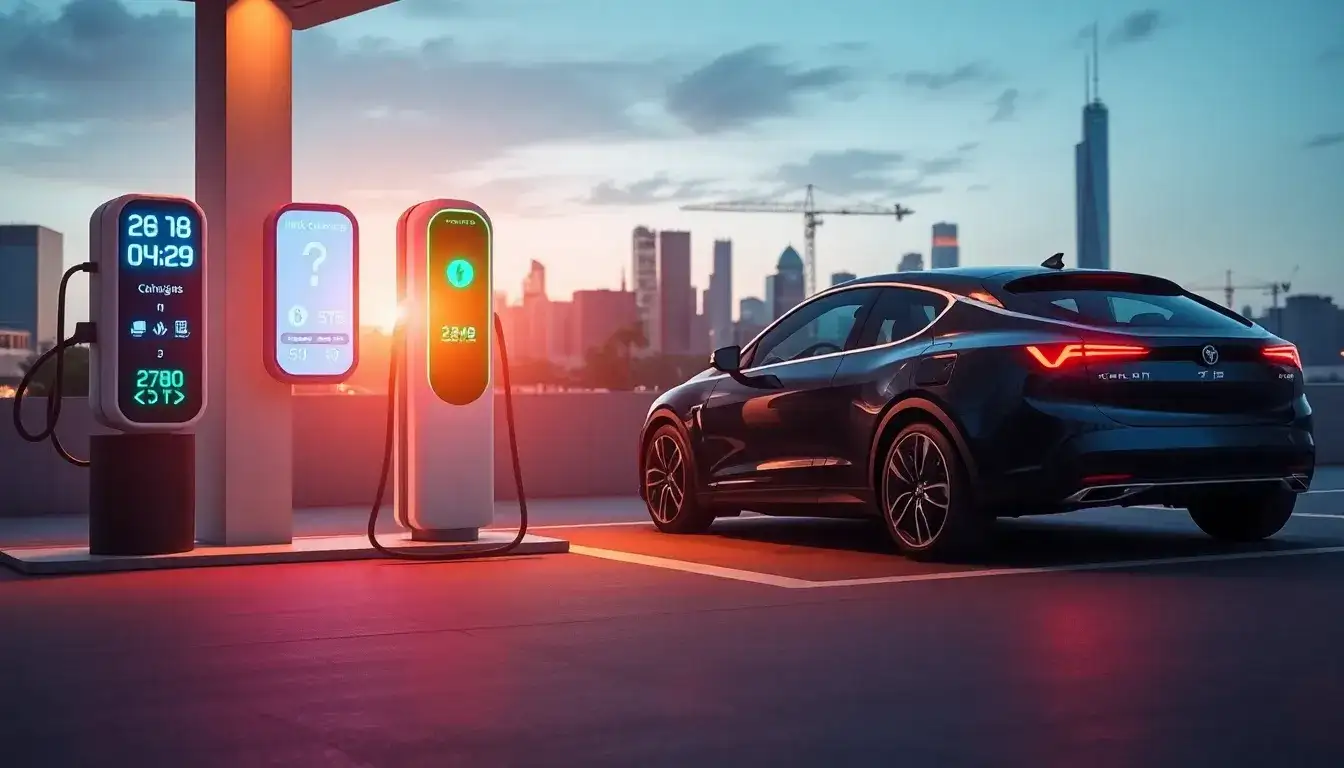
Morgan Stanley recently discussed BYD’s innovative “5-minute charging” technology, marking a significant advancement in overcoming one of the major bottlenecks in the widespread adoption of electric vehicles (EVs). On March 18, Morgan Stanley released a research report analyzing BYD’s new 1000kW charging system, which can provide a range of 400 kilometers in just five minutes of charging.
The firm maintains a “hold” rating on BYD, predicting that the annual penetration rate of new energy vehicles in China will reach 50% this year and rise to 75% by 2030. However, uncertainties remain regarding the deployment timeline of BYD’s new technology, its impact on battery life, and the cost differences compared to the existing 800V platform.
Morgan Stanley views BYD’s advancement as a critical step forward in the development of electric vehicles. The introduction of the 1000kW charging system is seen as a compelling marketing strategy that reinforces BYD’s leadership in battery and charging performance. This technological progress is expected to address consumer concerns about EV range and charging experiences.
As of the last closing, BYD’s American Depositary Receipts (ADRs) had risen over 15% in the past five trading days, reaching $105.4. Morgan Stanley identifies breakthroughs in autonomous driving and charging technology as two key factors that will alleviate bottlenecks in the electric vehicle market. Improvements in autonomous driving technology will differentiate the driving experience from traditional combustion engine vehicles, while advancements in charging technology will make the energy refueling process more comparable to that of conventional vehicles.
The research firm anticipates that the sales penetration rate for new energy vehicles in China will accelerate starting in 2027. Nevertheless, unknown factors persist, leading Morgan Stanley to maintain its “hold” rating. According to BYD’s announcements, the new 1000kW charging system will first be applied to its high-end models, such as the Han L and Tang L, with deliveries expected to begin in April.
Morgan Stanley highlights that price remains a crucial factor in vehicle purchases. BYD’s pre-sale price is set at ¥270,000 (approximately $37,000), which appears conservative; however, the official price announced in April may significantly undercut the pre-sale price, posing strong competition to other B-class models priced between ¥200,000 and ¥250,000.
Additionally, Morgan Stanley points out several uncertainties: how long it will take to deploy this technology across more than 4,000 qualified charging stations, the extent of its impact on battery longevity, and the cost gap compared to the existing 800V platform (which offers 600 kilometers of range in 10 minutes with 5C charging).
Morgan Stanley emphasizes the following risks in its assessment: Upside risks include faster-than-expected overseas expansion, greater-than-expected demand for new energy vehicles, and stronger-than-anticipated contributions from the consumer electronics segment. Downside risks involve potential setbacks in overseas expansion, lower-than-expected demand for new energy vehicles, and profit margins that fall short of expectations.







